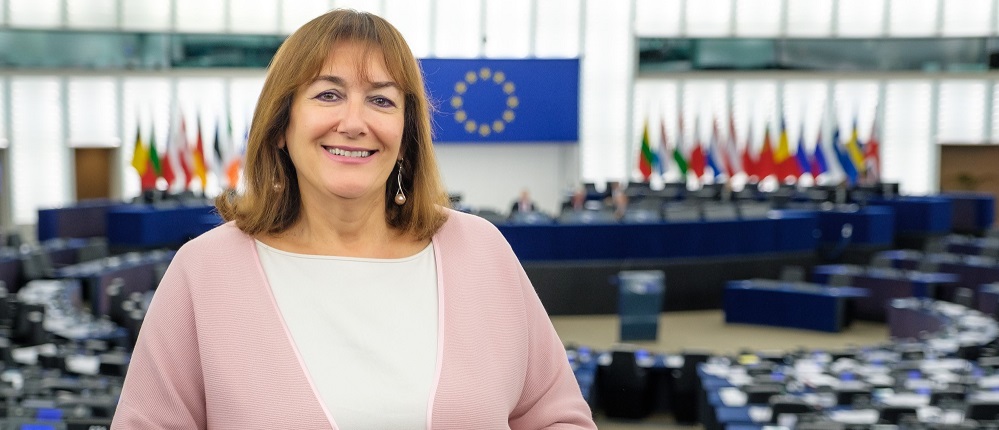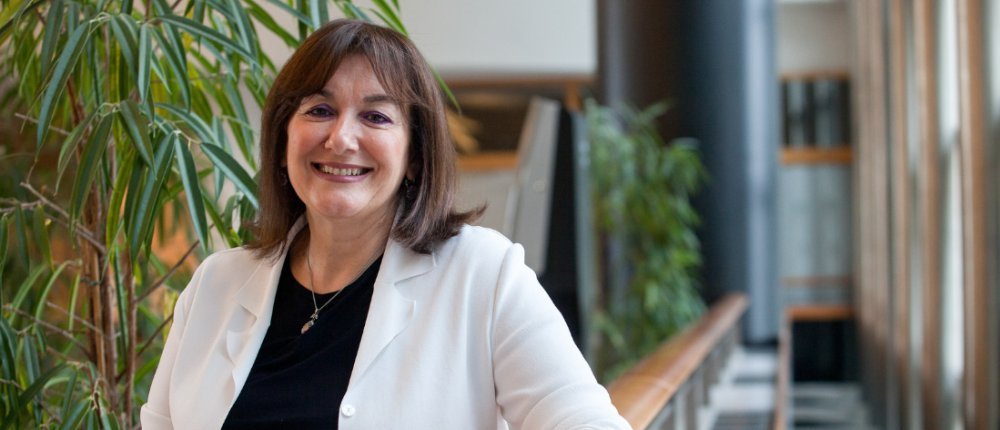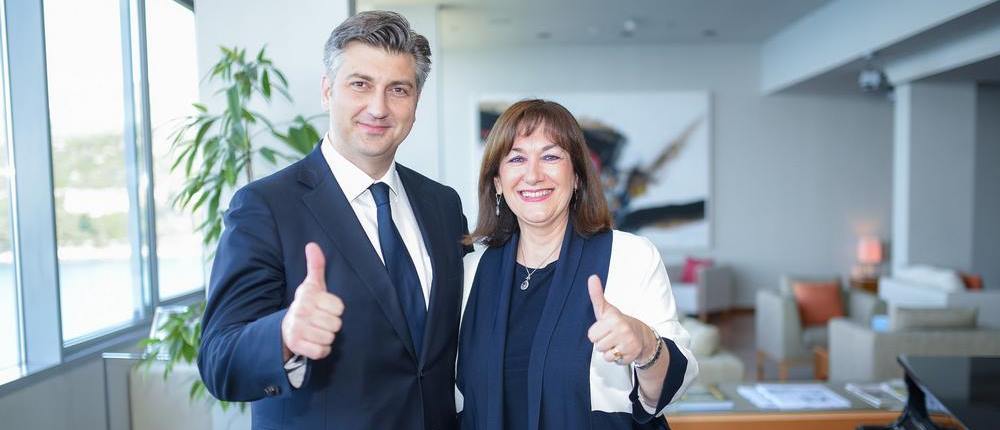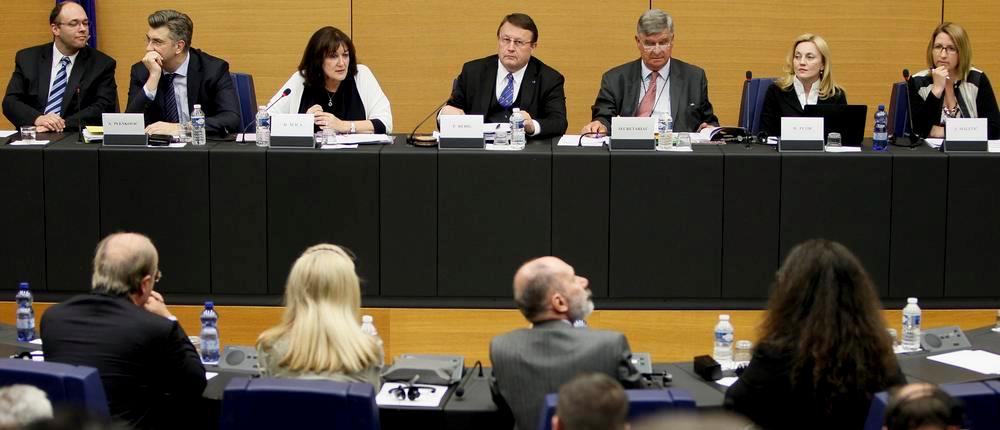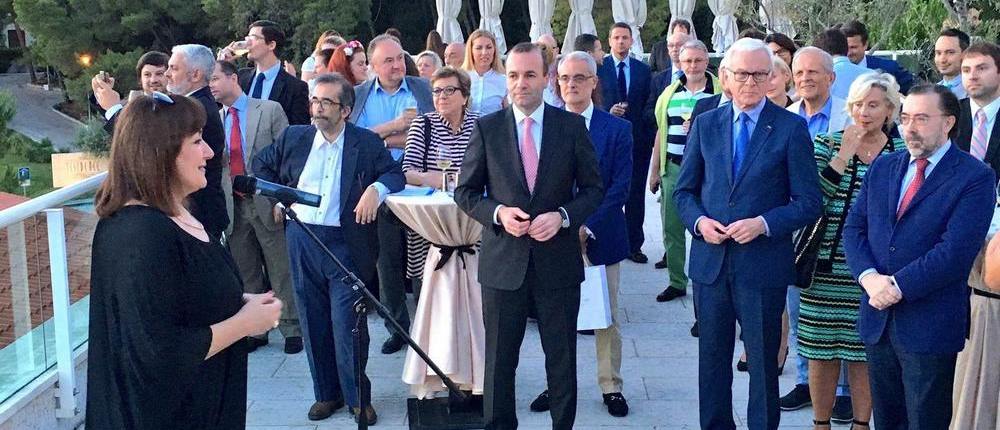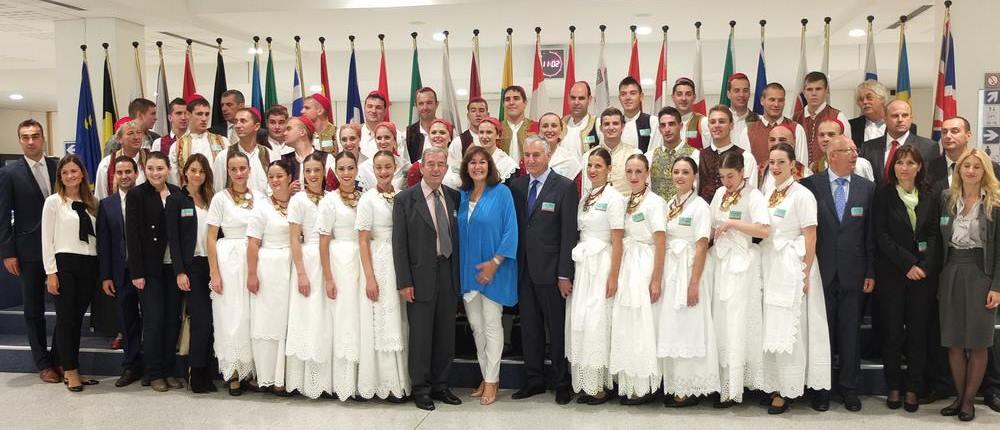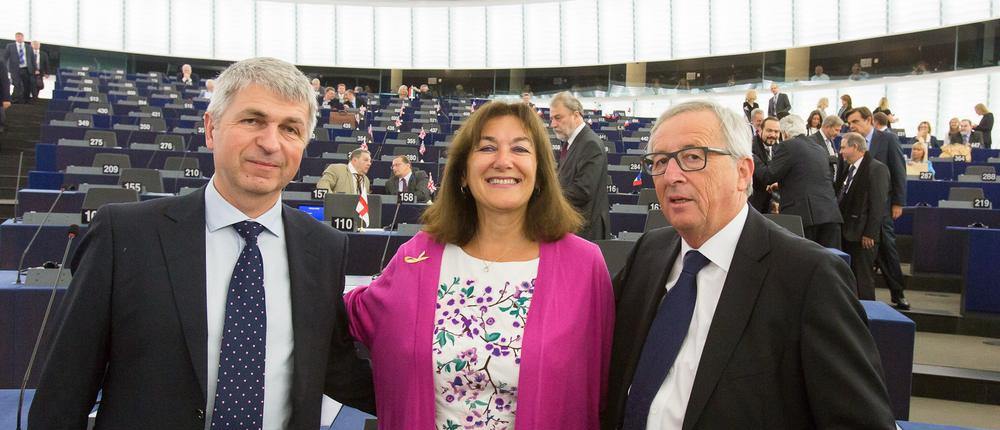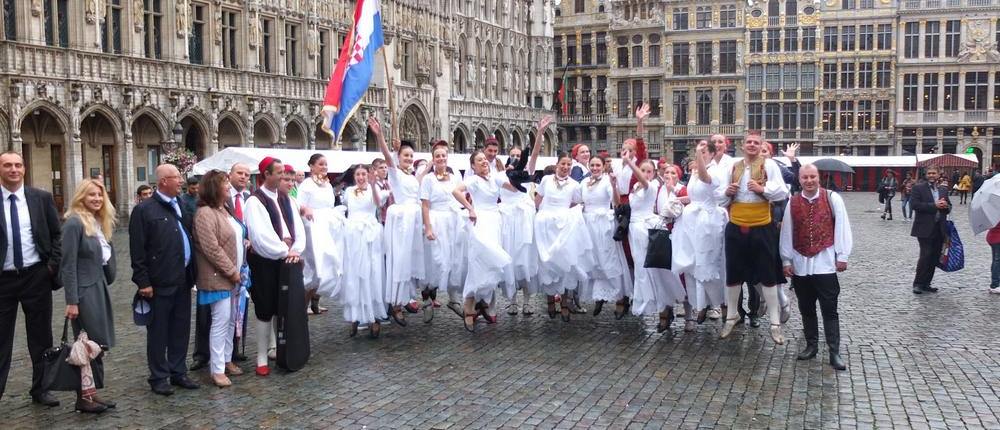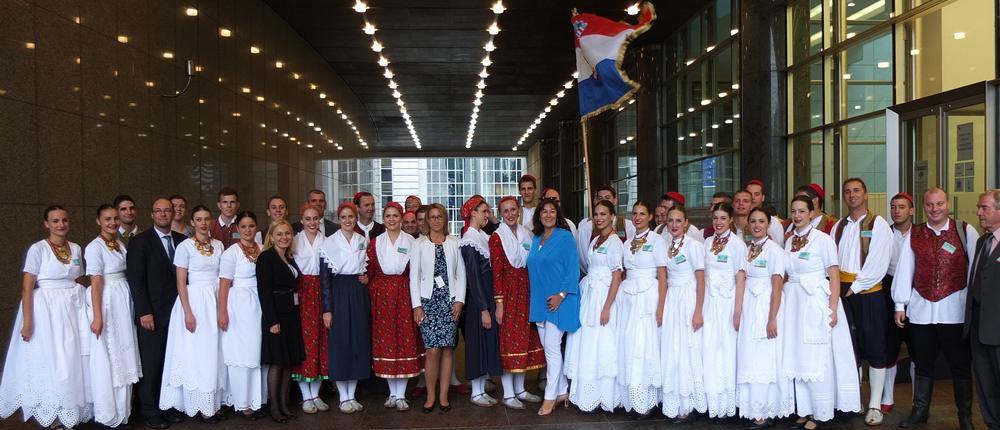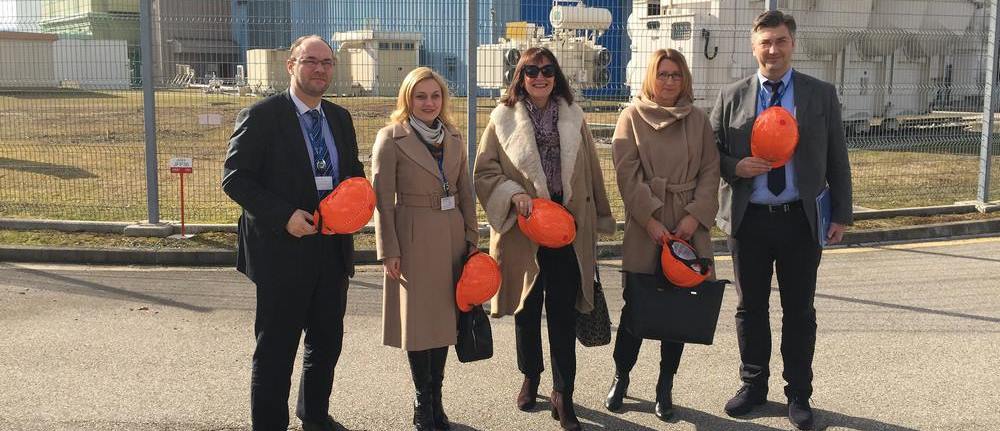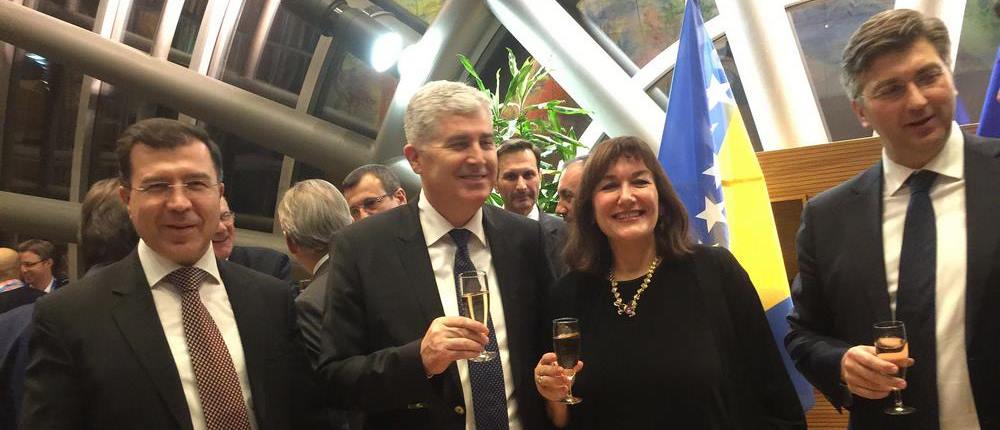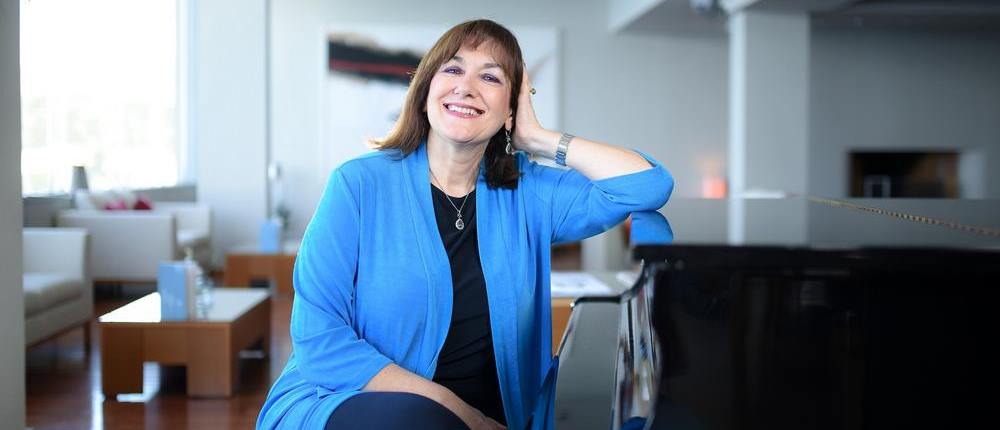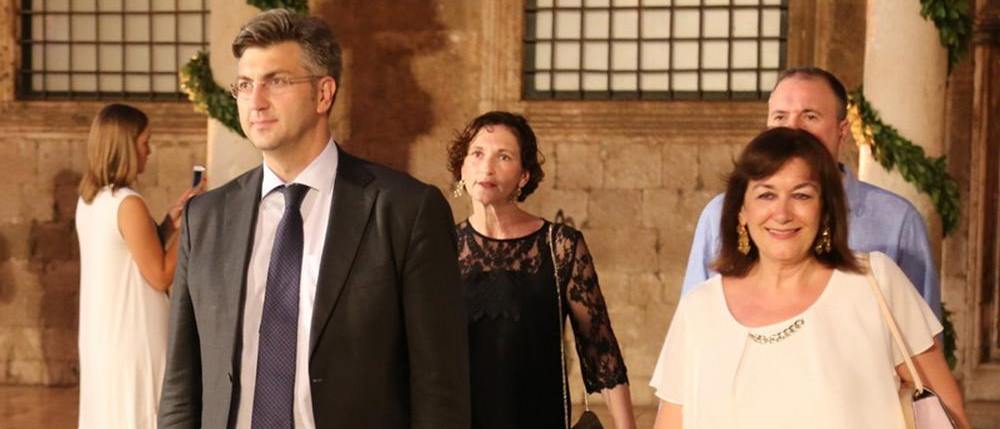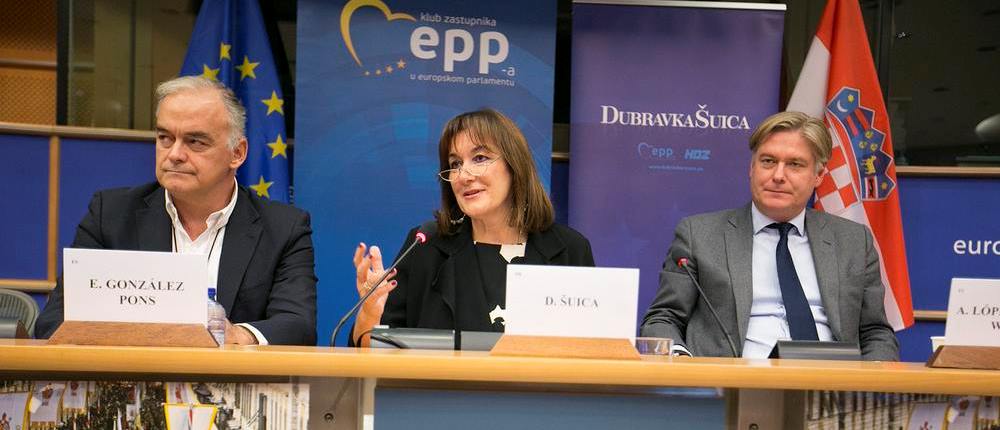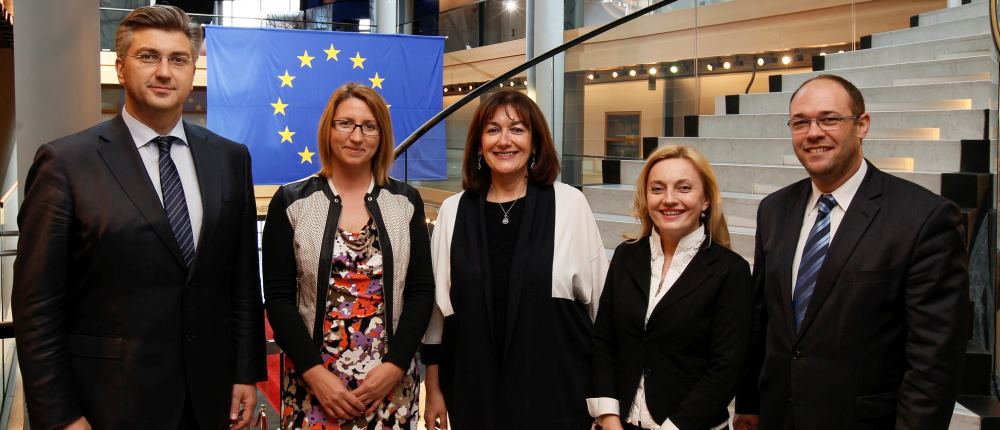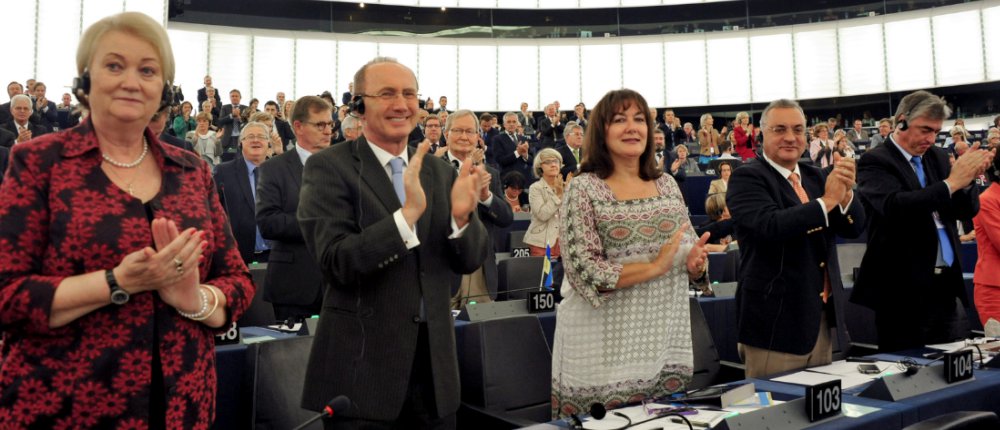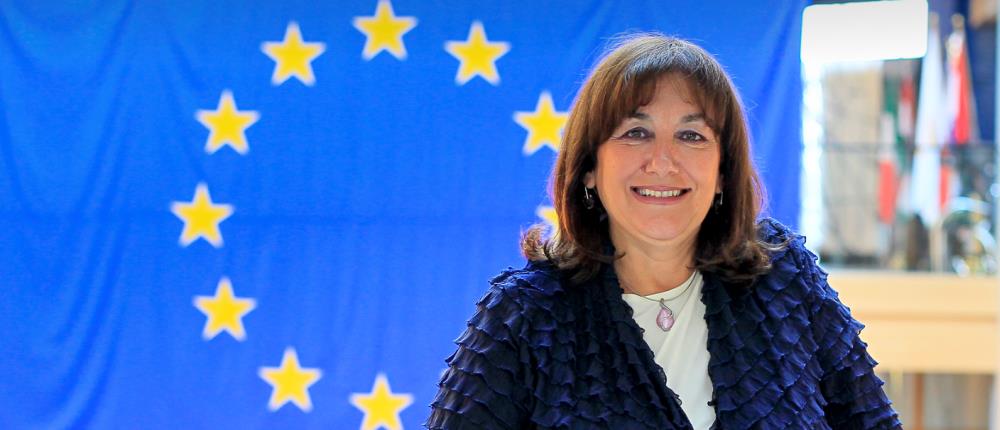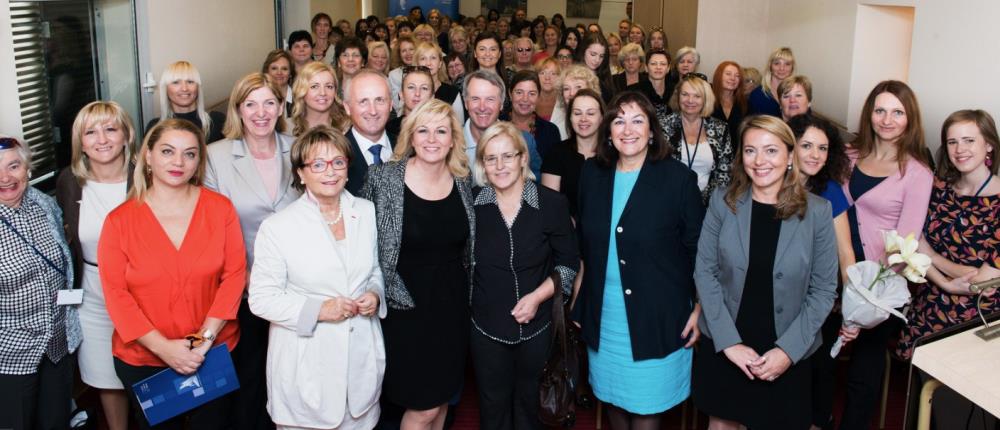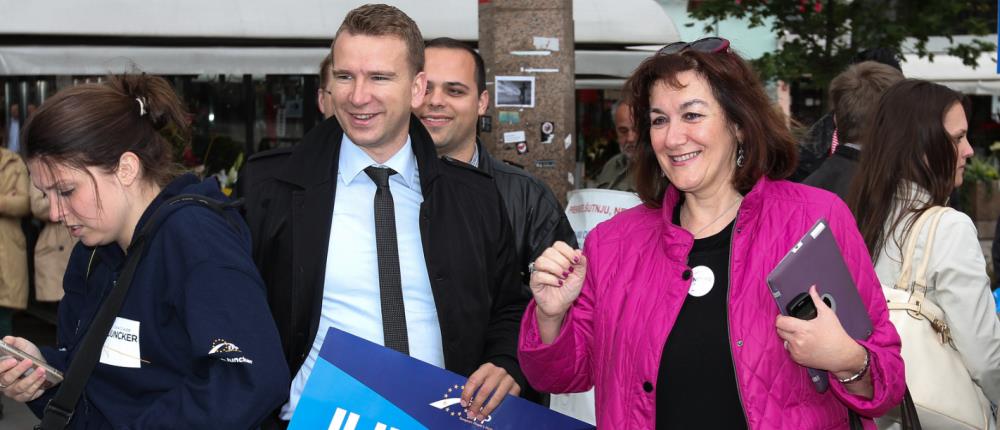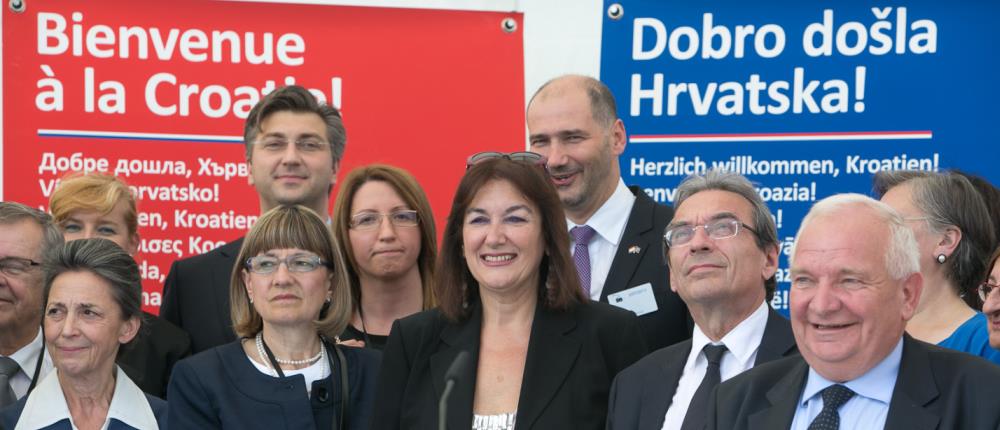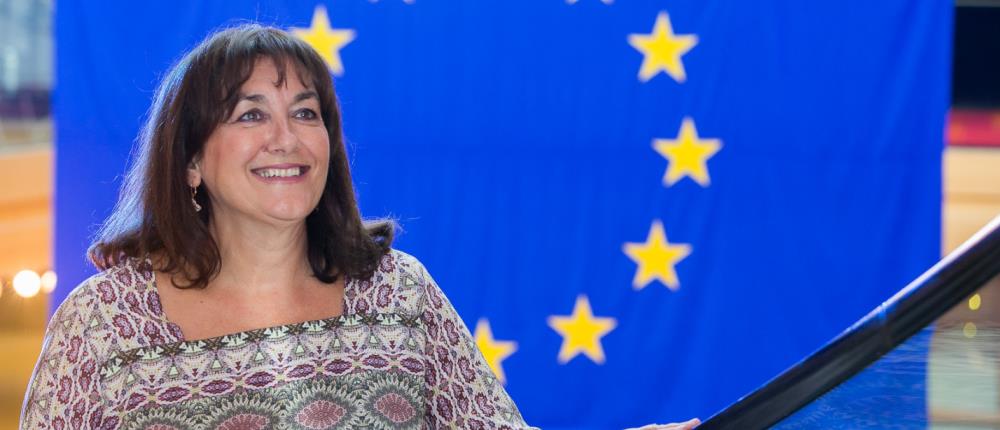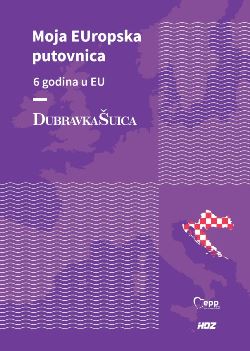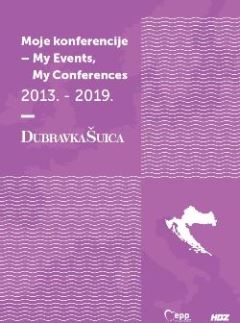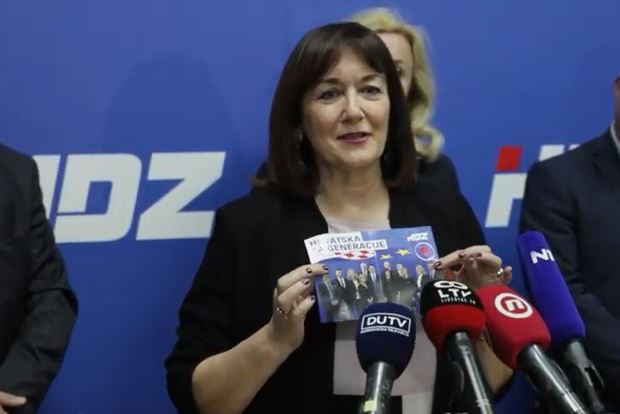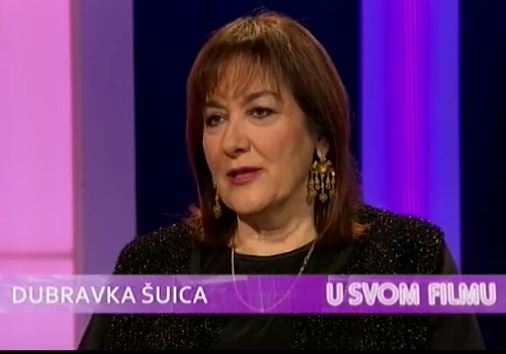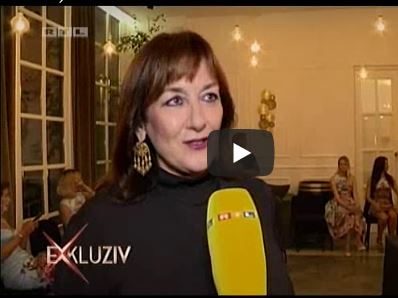MEP Dubravka Šuica, member of the Committee on the Environment, Public Health and Food Safety, participated in the inter-parliamentary session of the ENVI Committee on the subject ˝From COP 21 in Paris to 2050˝.
The session was attended by members of committees for environmental protection of national parliaments and thus Croatian representatives Sumarak and Mateljan participated as well. Miguel Ariasa Cañete, Commissioner for Climate and Energy policy, and Karmenu Vella, Commissioner for the Environment, Maritime Affairs and Fisheries, were the main speakers at the session. During the exchange of views MEP Šuica asked: ˝When it comes to protecting the environment, the European Union has no limits, so I am therefore interested how to bridge the different situations in Member States with regard to the different levels of economic development and how to harmonize the state of affairs with respect to environmental protection, greenhouse gas emissions, energy efficiency and waste in all EU countries?˝
She was also interested in how to deal with the problem of waste from countries that are not members of the European Union and she mentioned waste in the Adriatic Sea that sea currents bring from Albania to Croatia, overflowing the southern Croatian coast with garbage.
˝The fact is that the EU wants to be a leader in the field of environmental protection and reduction of greenhouse gas emissions and for this reason I welcome the efforts made under the agreement in Paris. But at the same time, I am worried about the situation where the largest world economies such as the US, China and India do not want to accept long-term binding targets such as reducing greenhouse gas emissions, increasing renewable energy sources and energy efficiency,˝ Šuica emphasized.
˝You are right when you say that the question of the environment is a global topic, however, we need to find a single solution, and the transfer of European directives to national economies is only the beginning of the process, after which the Member State should implement regulations at regional and local levels. It is true that there are 28 different situations and 28 different speeds in Europe, but it is a question of the capacity of Member States, and we will not reduce the standards, rather we prefer to identify these countries and to help them to reach appropriate targets,˝ answered Commissioner Karmenu Vella.



